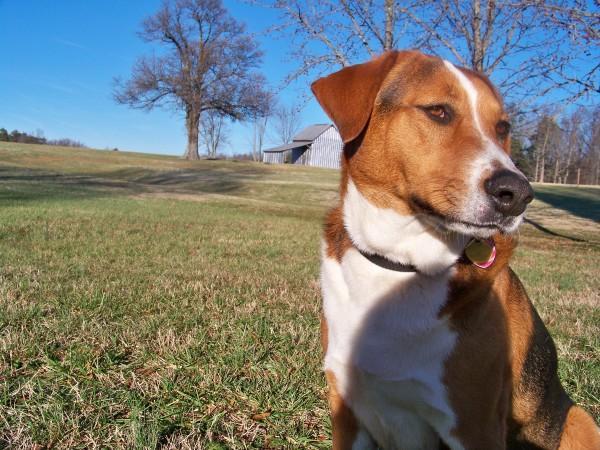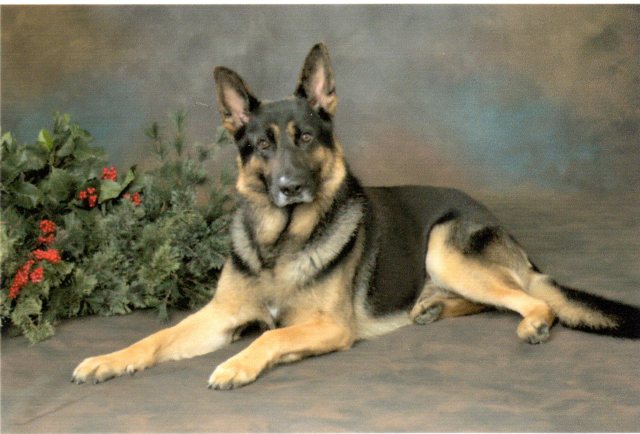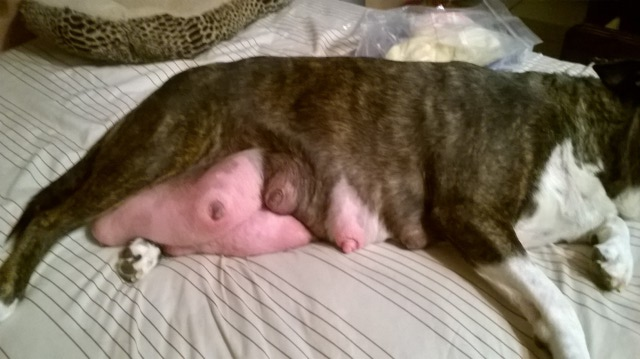QuestionHi, My 13 year old maltese, gorgeous girl! Has been vomiting quiet a lot lately! she eats, then drinks a lot of water, then starts to shake, tremble etc, then shakes her head, sneezes and then vomits, not immediately after eating, but most of the time after drinking. I have taken her to the vet, and her blood has been taken, the vet told me she has liver problems,and has high cholesterol, that was a week ago, since then, she has been on the drip as she was very dehydrated, plus she has been given antibiotic injections, plus and anti vomiting injection daily for a week......we just had her blood count taken again, and have been told her cholesterol has gone down, but her liver problem may be an ongoing problem. Both my vet and I are very cautious about giving her an anaesthetic for an exploratory examination, even though her heart is in good shape her liver may not be able to withstand the aneastic... have you any idea, what may be the problem,we are frightened it may be cushions disease, but without the examination we may never know.... I have changed her diet,very bland soft food, I monitor her water intake, but things tend to change daily. One day there are no vomiting episodes and the next it all starts again.... we love her so much, I cannot bare to put her through an anaesthetic, I feel it is too risky.. thanks, awaiting your reply...Mary
AnswerHi Mary,
I'm sorry to hear of your dog's illness.
If Cushing disease is suspected, it can diagnosed by blood tests.
On a thirteen year old dog, I wouldn't do expository surgery either. Routine lab work (including ALT, ALP, AST, bilirubin, glucose, urea, electrolyte levels, albumin, globulin and bile acid levels) should be sufficient in diagnosing the liver condition.
Ask your vet about an ultrasound exam. The advantage would be that it is less invasive than exploratory surgery and it allows guided biopsy, in which the operator can aim for a particular part of the liver shown in the ultrasound picture.
Sadly, many times a change of diet and dealing with the concurrent medical problems as they crop up is about all that can be done for an elderly dog with liver disease. It's important to consider your dog's quality of life, and making her as comfortable as possible is important. I don't think surgery factors into that.
The typical dietary recommendations for liver disease are to use a low protein diet that has very good quality protein ingredients so that the liver doesn't have to do much work to convert the protein into forms the body can use. There are commercially available diets that help with this, including Hill's l/d and k/d, Purina's NF diet and others.
Vitamin supplementation with B vitamins is often recommended for patients with liver disease, since these are important to liver function and because Vitamin B12 storage partly occurs in the liver. Vitamin K supplementation may be necessary at some time as liver disease progresses, as it may not be
stored properly and blood clotting problems may develop. Vitamin C is sometimes recommended for its anti-oxidant properties and Vitamin E is sometimes recommended due to its anti-inflammatory effects.
There are some over the counter supplements used for liver disease in dogs. You should ask your vet about any supplements or vitamins you're considering.
SAM-e (Denosyl SD4 tm) is S-adenosylmethionine. This is also a naturally occurring compound that can be synthesized for pharmaceutical use. It is supposed to help stabilize liver cell membranes and when broken down also provides essential nutrients for repair and maintenance of the liver. It seems to be very safe. Several of the leading experts on liver disease in the US have been endorsing the use of this medication for liver disease and there are now a small number of studies that also support its use. The tablets should not be broken, so if the 20mg/kg dose doesn't match the tablet size it is best to round the dosage up to the next whole tablet dosage.
Milk thistle contains a compound, silymarin, that also seems to help protect liver cells and to stimulate cell healing. This compound is an anti-oxidant and that may be part of its effect but I am not sure what the mechanism for the whole effect is. Milk thistle can be overdosed, so it has to be used in a appropriate manner.
Ask your vet if your dog's liver disease could be helped by Ursodiol (Actigal Rx). It is recommended to help with bile flow and protect the liver from the toxic effects of some bile acids.
I hope I've been a help.
Best of luck,
Patti

 worried about mom dog not lactating enough
Question
angel and her pups jus
I have a small mixed br
worried about mom dog not lactating enough
Question
angel and her pups jus
I have a small mixed br
 My dogs agression
Question
This is my dog
Hi Shelley!
I have a question f
My dogs agression
Question
This is my dog
Hi Shelley!
I have a question f
 Pinched nerve
Question
Agustus Tybierius vonG
My 4 y/o, intact male G
Pinched nerve
Question
Agustus Tybierius vonG
My 4 y/o, intact male G
 about babygirl my 14 week yorkie
Question
babygirl brooklyn
i do no whats going on with
about babygirl my 14 week yorkie
Question
babygirl brooklyn
i do no whats going on with
 Engorged Breasts
Question
mamma
My Friends Dog Had A Litter About
Engorged Breasts
Question
mamma
My Friends Dog Had A Litter About